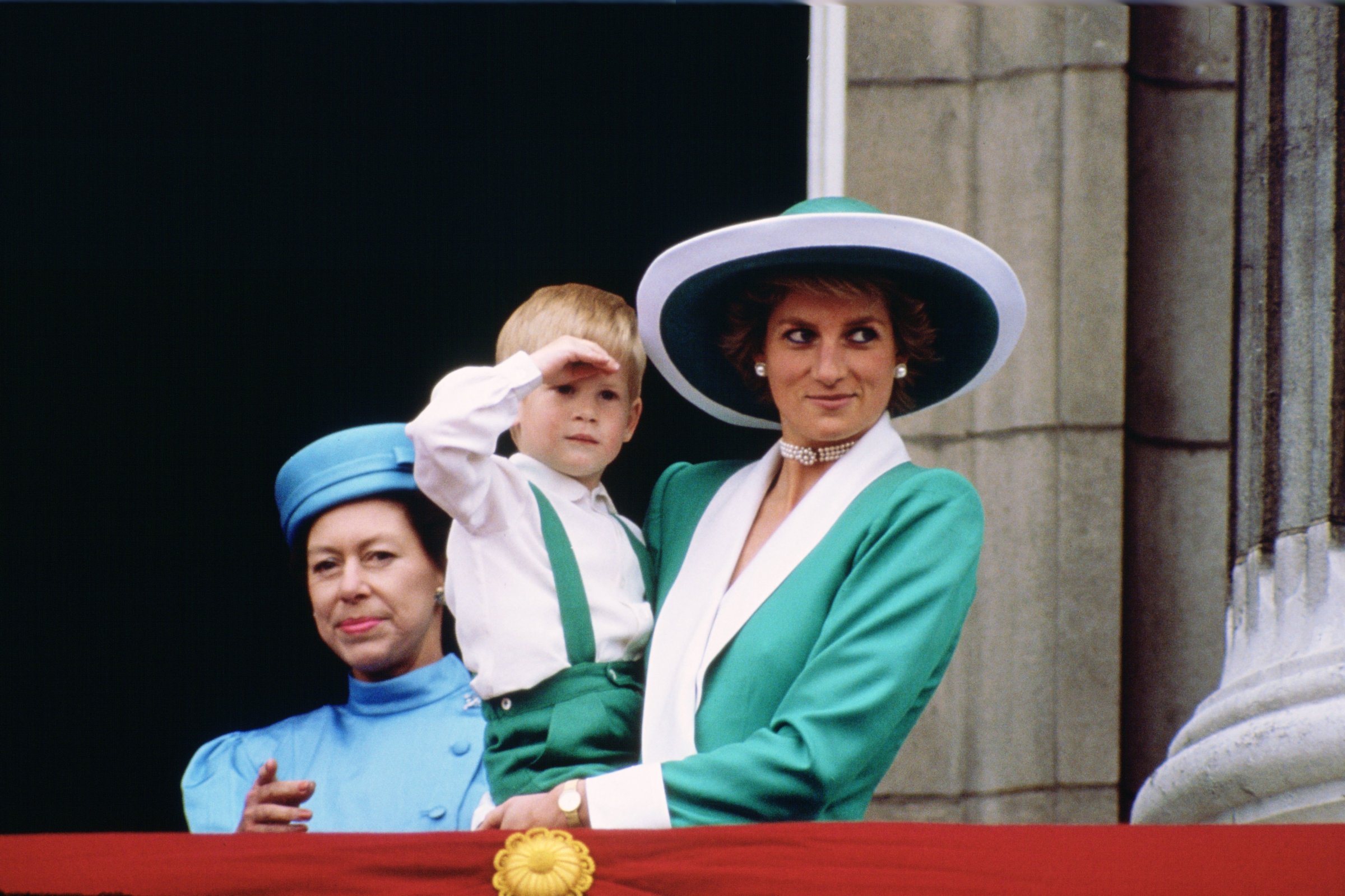
Prince Harry, who lost his mother 20 years ago this August, has acknowledged that her death affected his mental health well into adulthood, including for a roughly two-year period when he wondered if there was something really wrong with him.
“I can safely say that losing my mum at the age of 12 and then shutting down all of my emotions for the last 20 years has not only had an effect on my personal life but my work as well,” he told a podcast of the U.K. newspaper The Telegraph.
Prince Harry’s account of his personal struggles coincides with a new initiative from Facebook COO Sheryl Sandberg, who has launched OptionB.org to help people overcome adversity, and particularly grief. Her new book, also called Option B and written with psychologist Adam Grant, chronicles how the death of her husband Dave Goldberg made her lose her bearings, and offers advice for those who have to face down similar difficulties.
Because Harry was in the public eye and because he thought there was very little point in dwelling on his mother’s death, he says he simply didn’t think about it. Until he had to.
“All of a sudden all of this grief that I’d never processed started to come to the forefront,” he said, and he began to have panicky fight or flight instincts at public engagements. “It was 20 years of not thinking about it and two years of total chaos. I couldn’t put my finger on it. I didn’t know what was wrong with me.”
Three years ago, encouraged by his brother William, the Duke of Cambridge, he sought professional help. Now he, William and William’s wife Kate are speaking up about mental illness, and encouraging others to do the same, to try to change the stigma around mental health, as part of a new initiative they have founded HeadsTogether.
Sandberg, one of whose children is now 12, the same age as Harry was when his mother died in a car accident in Paris, says that her kids’ future was what she worried about most. “As a mother you can be heartbroken for yourself but I grew up with a dad and he’s still alive,” she told TIME in an interview about her new book. “And I’m heartbroken that I was not able to give my children the stability of growing up with two parents, that they lived through and still are living through something so traumatic so young.”
A therapist warned Sandberg to expect her kids to run off and play even if they are grieving, because like the young Harry, children find the huge emotions around not having a parent too overwhelming to process so they take a break. “Think about your emotional capacity at 7 and 10,” says Sandberg, referring to the ages of her kids when their dad died. “What the therapist explained to me is kids can only bear so much. The reason they go off and play and then come back to it is they cannot [always be grieving].”
Unlike the royal family, whose job is to be out in public, Sandberg’s kids are kept away from the public eye. And one of the lessons Sandberg has learned from the mourning process is to let your loved ones know how you feel. “I’ve gotten a little bit cheesy,” she says. Her kids even complain about it. “My son said ‘Mom, you say ‘I love you’ all day. Mom, I know you love me, you always say it.'”
As for Harry, he says he’s in a good place. “Fine, yes, I’m a prince,” he acknowledges. He doesn’t have worries about homelessness or lack of help. “But because of the process I’ve been through over the past few years, I’ve been able to take my work seriously and my private life seriously, and put my blood sweat and tears into stuff I think will really make a difference.”
More Must-Reads From TIME
- The 100 Most Influential People of 2024
- The Revolution of Yulia Navalnaya
- 6 Compliments That Land Every Time
- What's the Deal With the Bitcoin Halving?
- If You're Dating Right Now , You're Brave: Column
- The AI That Could Heal a Divided Internet
- Fallout Is a Brilliant Model for the Future of Video Game Adaptations
- Want Weekly Recs on What to Watch, Read, and More? Sign Up for Worth Your Time
Contact us at letters@time.com